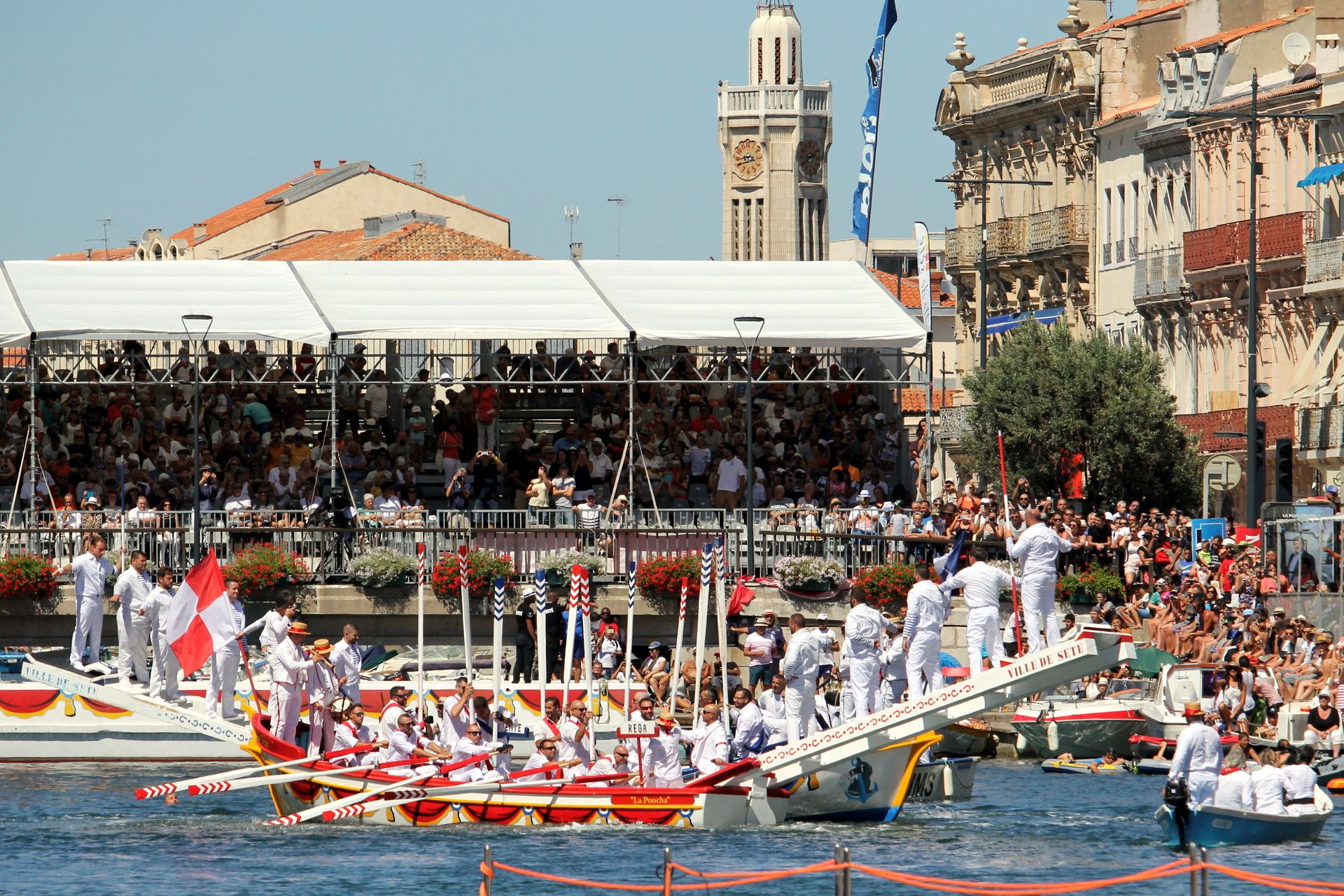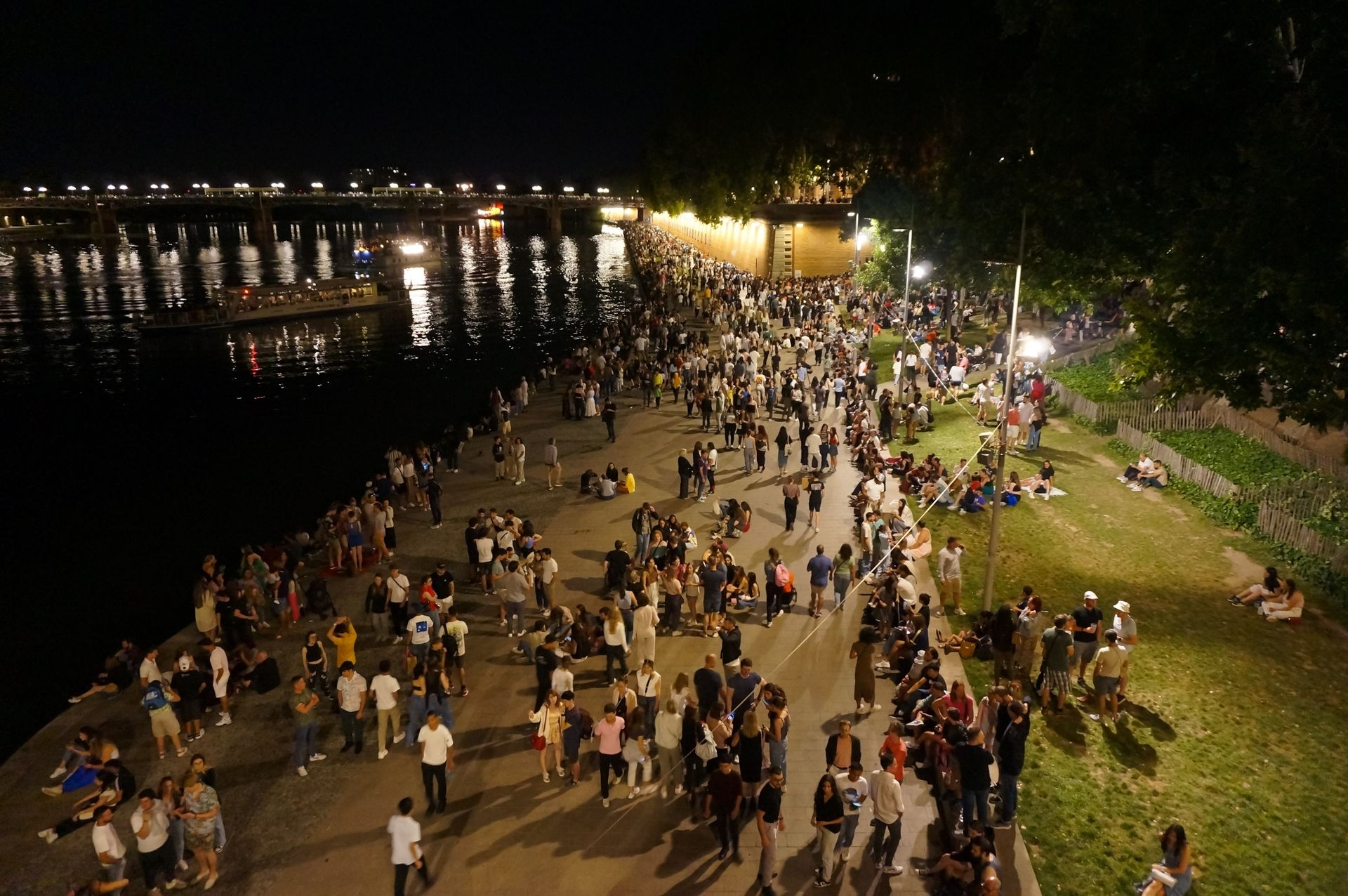As the midsummer sun casts golden ripples across the River Dordogne, a band strikes up beneath bunting-draped poplars. Children dangle fishing lines from the old stone bridge, villagers in straw hats drift by in flower-decked canoes, and a priest in white robes blesses the water with a sprig of rosemary. This is not a scene from a costume drama, it’s the annual Fête de l’Eau in Castelnaud-la-Chapelle, a centuries-old tradition brought back to life with song, story, and a touch of ecological intent.

France’s rivers have long been more than just waterways. They are cultural arteries, woven through literature, cuisine, religion and identity. And now, in villages from Alsace to the Ardèche, communities are reviving their historic river festivals, not just as nostalgic celebrations, but as affirmations of their relationship with water in an age of growing scarcity.
Dancing on the Docks
The origins of these fêtes stretch deep into the past, once tied to agricultural cycles, religious rituals, and even regional rivalries. Some were solemn blessings of fishermen’s gear or river baptisms; others more raucous affairs with music, food, and floating processions. In Lavardin, a village on the Loir River, the bal sur l’eau (river dance) sees couples waltzing on decorated pontoons, their steps gently swayed by the current.
“It’s about joy, yes, but also about memory,” says Lucie Marchand, a local historian who helped relaunch her town’s Fête de l’Eau in 2021 after a 70-year hiatus. “The river gave life to our ancestors. We’ve forgotten that. This festival reminds us.”
Bouillabaisse and Brass Bands
Food is, of course, never far from the French psyche, and the river fêtes are no exception. In Arles-sur-Tech, the scent of bouillabaisse mingles with lavender along the banks of the Tech, while further north, rustic stalls serve trout quenelles, walnut cake, and wines pressed from riverside vineyards.
Music and movement also play their part. Traditional brass bands compete with folk troupes, and children dressed as otters and egrets parade through village squares. Many towns incorporate hands-on activities, paddleboard clean-ups, biodiversity walks, even citizen science workshops where residents test water clarity and learn about fish migration.
Jean-Baptiste Leroux, a retired water engineer now volunteering with the Loire River Conservancy, says the shift is more than symbolic. “These aren’t just fêtes,” he explains, “they’re platforms. They educate without lecturing. You celebrate the water, and maybe later you think twice before washing pesticide into the drain.”

A Whisper of Drought
Yet under the music and merrymaking, there is a murmur of concern. Last summer, more than half of France’s départements experienced drought warnings. Aquifers in Nouvelle-Aquitaine were at record lows, and boat traffic on parts of the Rhône and Garonne was briefly suspended.
In some areas, the Fête de l’Eau has become a gentle protest. “This year we floated paper lilies bearing messages about water,” says Clémentine Durand, a festival organiser in Alsace. “They read things like ‘Water is a right, not a luxury’ or ‘Thank you, River Bruche.’ It’s small, but it means something.”
Local authorities are increasingly supporting these initiatives, seeing them as low-cost, high-impact community engagement. In the Tarn, town councils are providing microgrants for river-themed murals and oral history projects to be included in Fête de l’Eau programming. “It’s culture meeting climate resilience,” says regional planner Émile Roux. “And it works.”
The Soul of the Stream
What makes these festivals quietly powerful is their blend of past and future. They do not shout. They sing, float, taste and dance. Through ritual and revelry, they reconnect people to a source of life that too often flows unnoticed beneath concrete and tarmac.
On the final night in Castelnaud, the villagers gather for a candle-lit flotilla. Dozens of boats glide silently down the darkening river, each bearing a lantern. The reflections shimmer like stars, flickering across water and time.
“We can’t solve the water crisis with one festival,” says Lucie Marchand, watching the lights disappear around a bend. “But we can change the way we see the river. And that is a beginning.”



